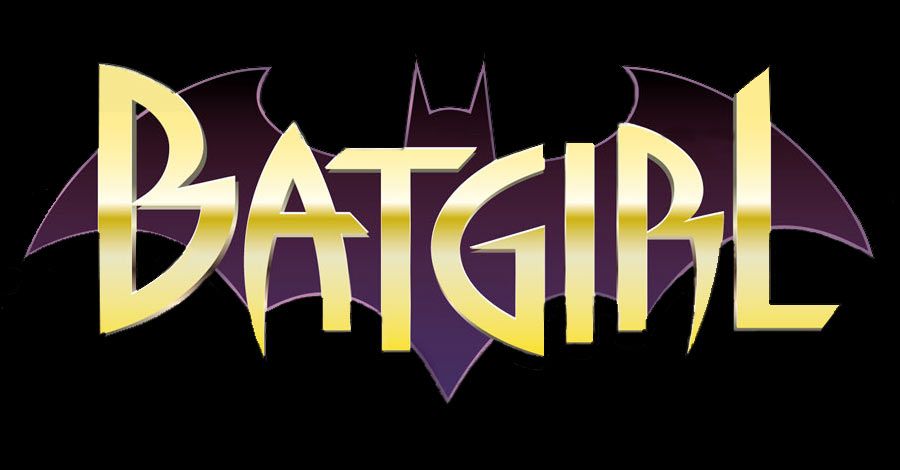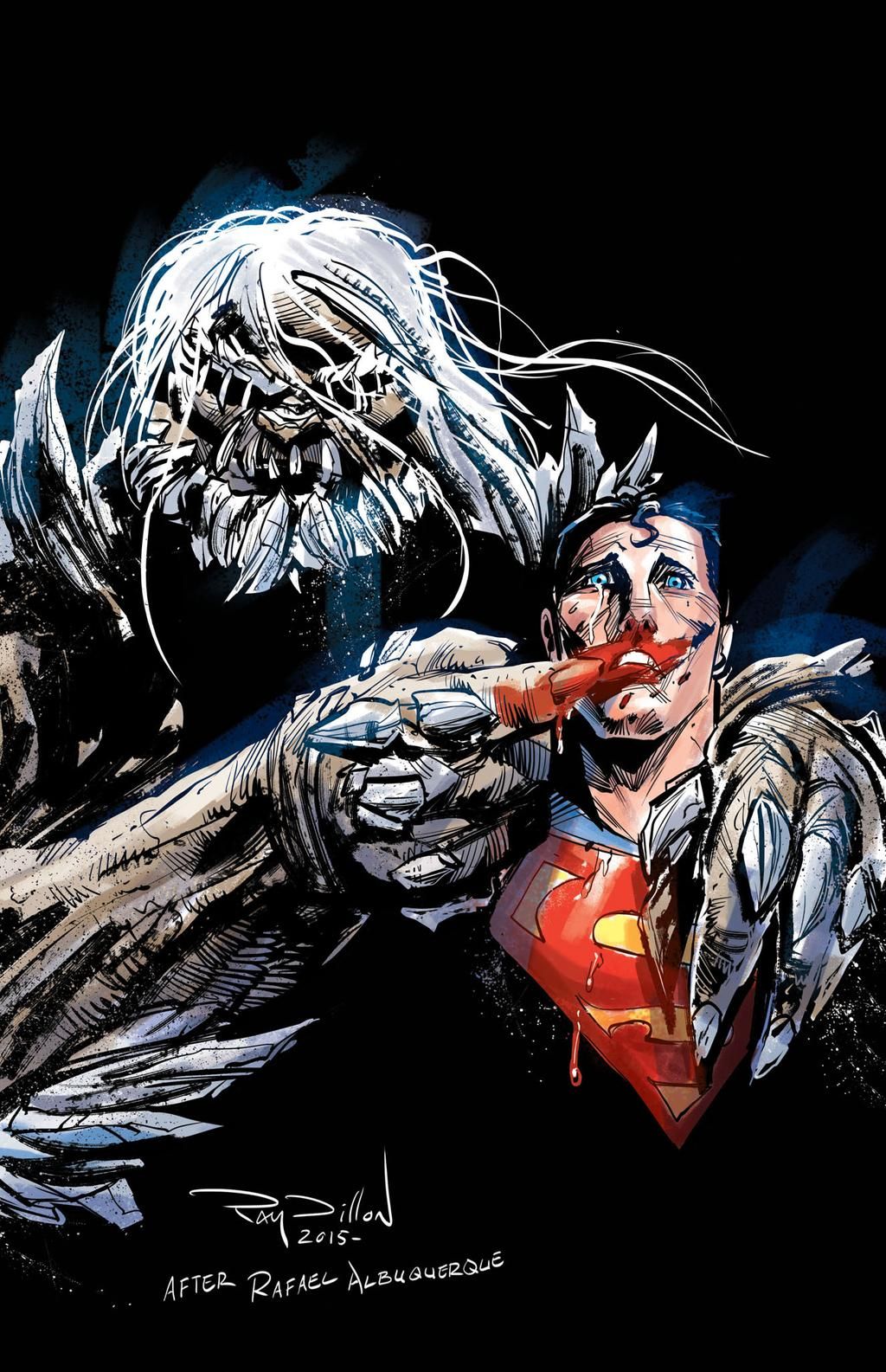Monday night's news that DC Comics will not publish a highly criticized Joker-themed variant cover for "Batgirl" #41 has ignited further debate among both comic book professionals and fans on the appropriateness of the image, the purpose of variant covers and perceived freedom of expression issues.
Rafael Albuquerque, the artist of the image who requested the cover not be published, clarified that while DC Entertainment's statement mentioned "threats of violence and harassment," he was not personally threatened over the cover. "Ill talk more about it tomorrow but I was never threatened," the artist wrote on Twitter. "just to make it clear."
Cameron Stewart, current co-writer of "Batgirl," also addressed the matter of threats via Twitter, stating "Something to clarify, because DCs statement was a little unclear. @rafaalbuquerque did not get threats. People OBJECTING to the cover did."
The cancellation of the "Batgirl" #41 variant cover -- which visually references the acclaimed and controversial 1988 story "Batman: The Killing Joke" by Alan Moore and Brian Bolland -- attracted the attention of multiple mainstream news outlets, including The Washington Post, Paste and The Guardian; with the Post writing the cover "clearly should never have hit the door."
Reaction among comic book professionals was largely supportive of DC and Albuquerque's decision to not go forward with the cover. Mark Waid, who is frequently vocally critical when DC takes darker directions with its superheroes, wrote on Twitter, "IMO, DC made the right call to pull the cover. It really was a step too far, and tone-deaf at this point in time especially." He also praised Albuquerque, the celebrated artist of DC/Vertigo's "American Vampire," calling him a "class act."
Fellow comics veteran Kurt Busiek also expressed his opinion that pulling the cover was the right choice, and further expanded on the purpose of variant covers. Acknowledging that variant covers -- and sometimes primary covers -- often don't reflect the contents of a comic, Busiek wrote on Twitter, "you still want the covers to appeal to the audience you want to reach with the books." He continued, "So a cover that might be terrific for a revisiting of THE KILLING JOKE may not be appropriate for a more upbeat/positive BATGIRL run. Comics and covers aren't interchangeable."
G. Willow Wilson, writer of Marvel's "Ms. Marvel" -- a series, like "Batgirl," that has gotten praise for reaching new audiences, specifically younger female readers -- made a similar distinction on Twitter. "Batgirl is not a hero on that cover. She's a victim. She's terrified. She's being physically restrained. It looks like a snuff film," Wilson wrote, making it clear that she also loves "The Killing Joke." "['The Killing Joke'] came out at a time when we were failing to grapple with some of the very dark psychological implications of the superhero genre," Wilson wrote. "So it served a valuable artistic purpose and shattered some old stereotypes. I don't think the takeaway should be 'torture pr0n is cool.'"
Not every comics pro expressed satisfaction with the news. DC's incoming "Green Arrow" artist Patrick Zircher wrote on Twitter Monday night, "They pulled the Batgirl cover. The Killing Joke story couldn't get made now. If this is progress why does it feel we're marching backwards?" In further tweets posted Tuesday morning, Zircher wrote that he believed Albuquerque made a "mistake" in asking the cover to be scrapped. "It's admirable that he was concerned the cover hurt some people's feelings. In the larger scheme, it's tightened the reins of acceptable and empowered the next group of fans that finds what they don't like unacceptable."
The initial backlash to the "Batgirl" #41 variant was sparked by a vocal contingent of fans, including some using the hashtag #changethecover on Twitter and Tumblr. The swift negative response stemmed from observers expressing discomfort over its reference to "The Killing Joke," as that story featured Joker shooting, stripping and paralyzing Barbara Gordon/Batgirl. It's been commonly interpreted that the story implied that Joker also raped Barbara Gordon, though that's not definitively established in the text.
Given the youthful, optimistic tone of the current "Batgirl" series by co-writers Stewart & Brenden Fletcher and artist Babs Tarr, opponents of the "Batgirl" #41 variant deemed it an inappropriate fit for a title that has been praised for its positivity. Additionally, it's been observed that the "Batgirl" variant was unique in that it showed Joker in a dominant position and as a legitimate threat, while most of the other Joker-themed covers planned by DC in June were either lighthearted or showed the famous villain being thwarted.
The decision to not publish it has inspired a counter-movement, "#SaveTheCover," for fans who want to see the Albuquerque-illustrated image released and view DC's decision as censorship. A change.org petition seeking to restore the cover has received 341 supporters as of press time on this article.
Artist Ray Dillon illustrated a response to the "Batgirl" #41 variant controversy, posting his drawing of Doomsday and Superman in the same respective positions as Joker and Batgirl. The image has been distributed by both proponents and opponents of the original cover, using different interpretations of it to fuel opposite sides of the argument.
The "Batgirl" #41 variant cover was released online as one of 25 planned Joker-themed variants to be released by DC Comics in June 2015, which are still slated to be published.


